Mozambique: ‘Anibalzinho’ freed after serving full sentence in journalist Carlos Cardoso murder ...
Bishop of Pemba writes on the insurgency in Cabo Delgado
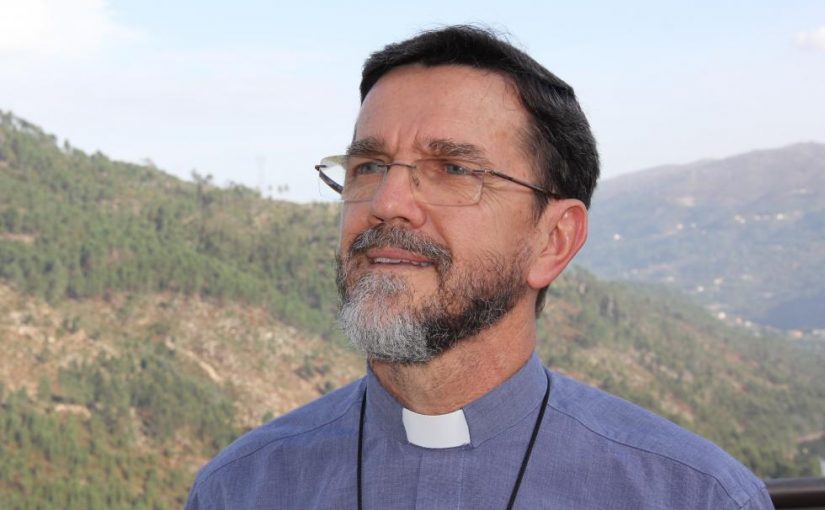
File photo: Agencia Ecclesia
“As long as the people are exploited by hidden powers, there will be no peace, no reconciliation, let alone hope.” With 47 days left before the Pope’s visit to Mozambique, the Catholic Church, via its Diocese of Pemba in the province of Cabo Delgado, opens its doors to give a homily about the terror districts in the northern part of that province have been experiencing since October 2017. The report is brought today by independent newssheet ‘Carta de Moçambique’,
In an “Open Letter to the People of Cabo Delgado”, dated 18 July (written yesterday), and within the framework of Pope Francis’s forthcoming visit to Mozambique from September 4 to 6, the Bishop of the Diocese of Pemba, Luiz Fernando Lisboa, questions the effectiveness of the policies adopted by the Mozambican government to combat the group terrorising the province, as well as the reasons for their secrecy on the matter.
Calling the situation in the province “Cyclone Attacks”, in direct comparison with Tropical Cyclone Kenneth which lashed the area in April, Lisboa argues that people, communities and journalists feel threatened and coerced into silence about what they see and hear.
“The press speaks of meetings with the authorities in terms of intimidation and threat. There is talk of agents infiltrated among the population so as not to let any information come out,” the priest reveals. “What do civil and military authorities want, creating this climate of secrecy and silence? What is the secret they neither want to reveal nor be revealed? Why don’t they let themselves be helped in the investigation by brave, serious and responsible journalists?”
In fact, the solidarity shown after the passage of Cyclone Kenneth, notes the 64-year-old Brazilian priest, born in Rio de Janeiro, makes the silence and abandonment in which this other cyclone victims find themselves even more noticeable.
The bishop’s three-page letter, to which ‘A Carta’ has had access, justifies itself on turning attention to the victims of the situation and speaking on their behalf to all those in positions of responsibility, be it civilian, humanitarian, religious, police or economic, so as to face up to the “Cyclone Attacks” and help put an end to them, “as other cyclones resulting from natural causes have an end”.
“I want to appeal to all people of good will in Cabo Delgado not to resign themselves to violence, nor tire of seeking justice and peace, because this would be like delivering our brothers from the north into the hands of evildoers,” the bishop writes.
Comparing the insurgency to a ghost, a piece of sheeting that hides something, Dom Luiz Fernando Lisboa affirms that it is necessary to remove this sheet, “to unmask those who hide behind it, and so find out against whom we are fighting, or rather, who is annihilating us; to know how to defend ourselves and to put an end to the evil that oppresses us”.
He goes on to raise questions that he says are being asked in the media, but that nobody seems to giving due importance to.
“Is there any connection with organ trafficking? Is it to do with money laundering? Are the attacks linked with the precious gem trade? Is our province being used as a corridor to traffic various goods? Is it not that the question of hidden debts is here too? Are the attacks linked to extreme poverty in the northern region of the province? Is not there a problem of exacerbated land concession for mining prospecting?” he asks.
In the document, the bishop, who has headed the diocese since 2013, points out that Cabo Delgado is militarised, but the armed forces there have not been able to prevent attacks, because they were not in the right place or arrived late. He also points out that the attackers wear military uniforms, in addition to which some of those arrested or murdered had been identified as ex-military or ex-police, leading him to ask: “Are they really prepared? Do they know the forests of Cabo Delgado? Are they sufficient in number?”
In his “Open Letter to the People of Cabo Delgado”, the bishop paints a retrospective of the phenomenon, emphasising detentions which, at the time, the authorities said were of ‘ringleaders’ or ‘financiers’ of the attacks, despite which they never stopped. He gives the example of the South African, Andre Hannekon, who was cited as a financier of the attacks, although they continued after his death. He also quotes Commander General of the Police Bernardino Rafael as indicating Montepuez prospectors as financiers of the insurgency.
“But this is not a guessing game! It is the lives of people who are at risk, and securing their well-being is more important than ‘official revelations’,” he notes, saying he was saddened by what he saw and heard in Palma during his recent pastoral visit to the district.
“People displaced from their villages and living on charity in the homes of family and friends, people mourning the death of family and friends, people who have no future perspective because they have not planted ‘machambas’, as the monster of hunger begins to approach, children, adolescents and young people not studying… ,” he writes.

“As long as the people are exploited by hidden powers that seek to impose their own interests, there will be no peace, no reconciliation, no hope,” the bishop writes. “For whatever reason, we have spent more than a year and a half in an environment where it is difficult to think of or speak to the people about ‘hope, peace and reconciliation’ even as we wait to receive the Holy Father.”
“We are preparing for the Apostolic Visit of Pope Francis to Mozambique in September. We hope to be able to offer him the fruits of a policy at the service of peace,” he concludes,
[The letter closes with a quote of the message of Pope Francis on World Day of Peace (January 1 2019). “Politics is an essential means of building human community and institutions. In the words of Pope Paul VI, “to take politics seriously at its different levels – local, regional, national and worldwide – is to affirm the duty of each individual to acknowledge the reality and value of the freedom offered him to work at one and the same time for the good of the city, the nation and all mankind. Political office and political responsibility thus constantly challenge those called to the service of their country to make every effort to protect those who live there and to create the conditions for a worthy and just future. If exercised with basic respect for the life, freedom and dignity of persons, political life can indeed become an outstanding form of charity.”]
By: Abilio Maolela
- Original text, in Portuguese, at cartamz.com: https://cartamz.com/index.php/politica/item/2505-bispo-de-pemba-escreve-sobre-a-insurgencia-em-cabo-delgado


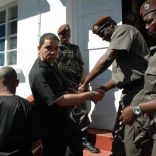

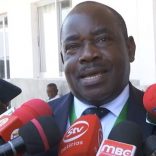

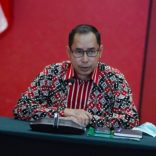
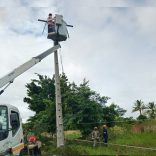




Leave a Reply
Be the First to Comment!
You must be logged in to post a comment.
You must be logged in to post a comment.